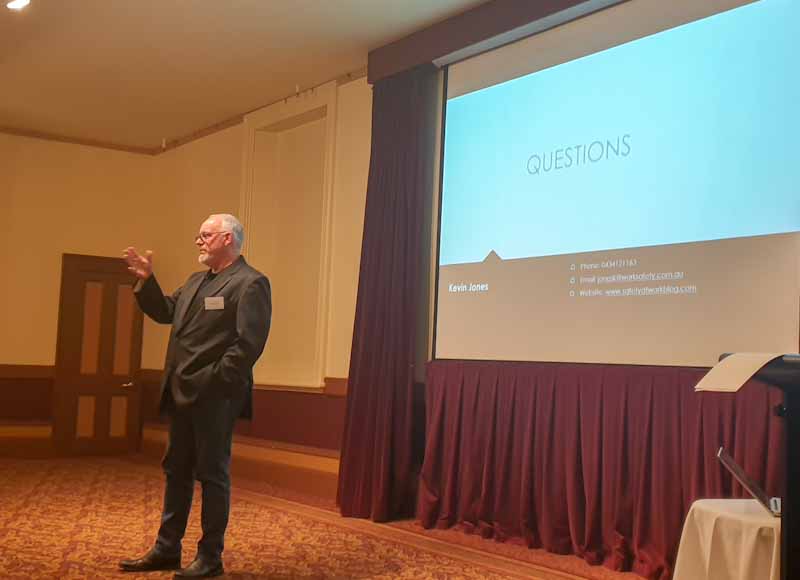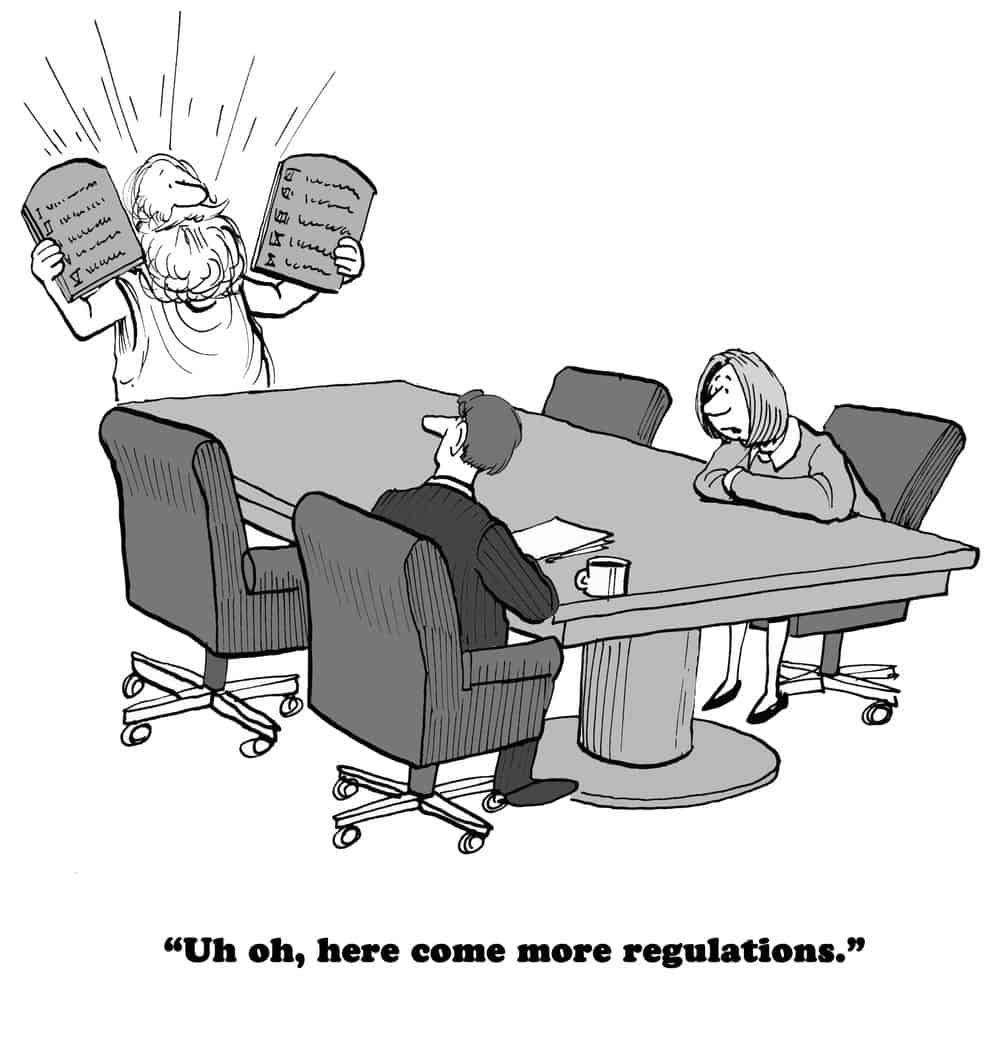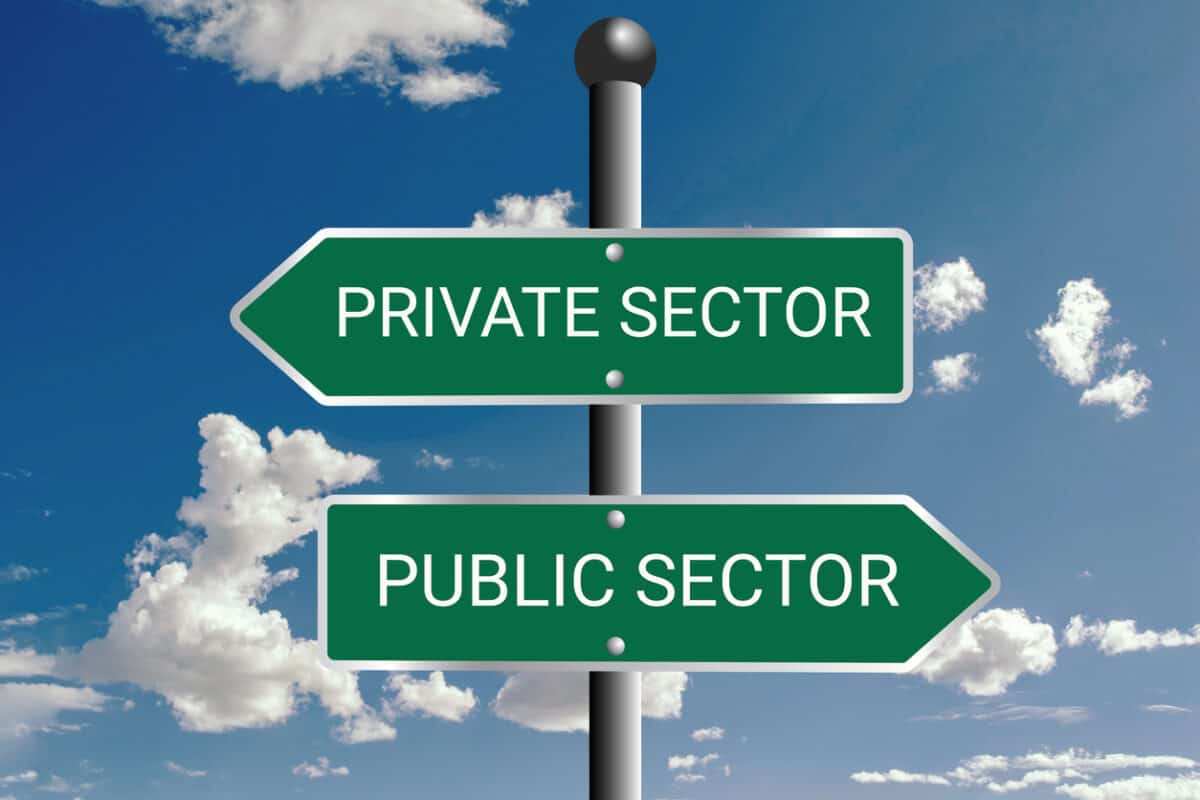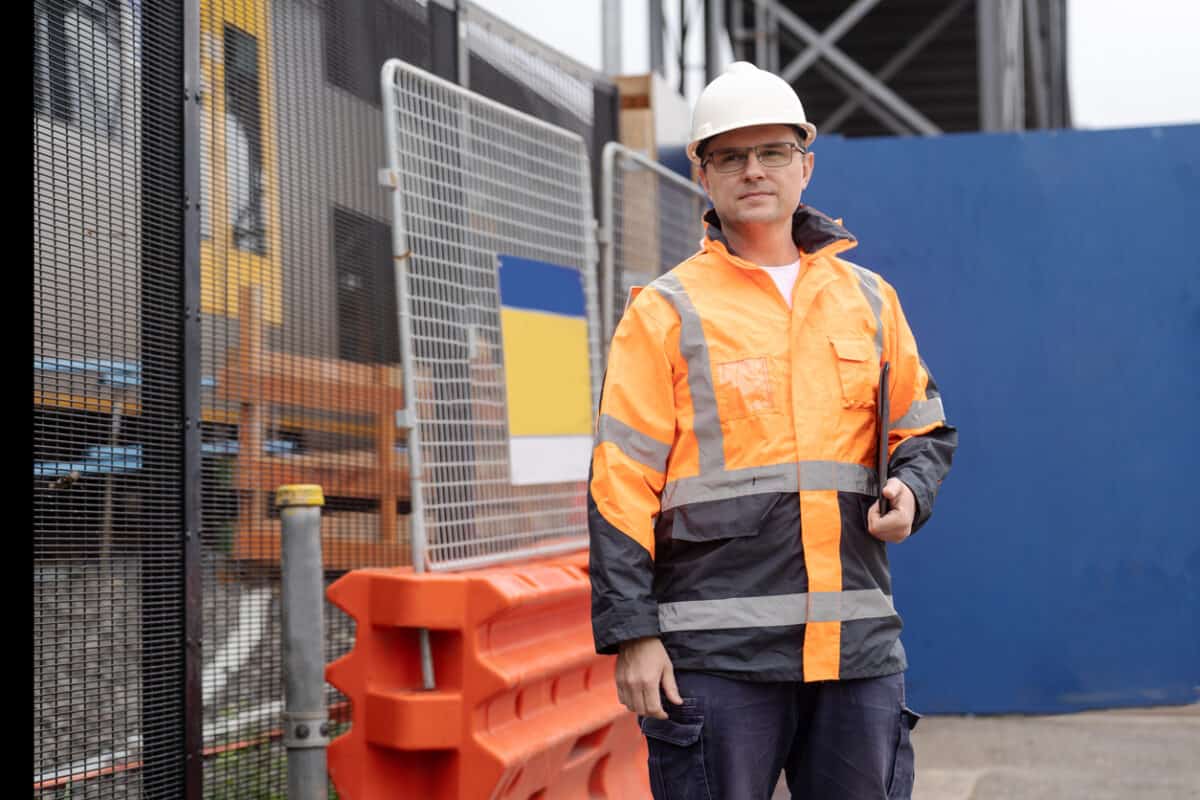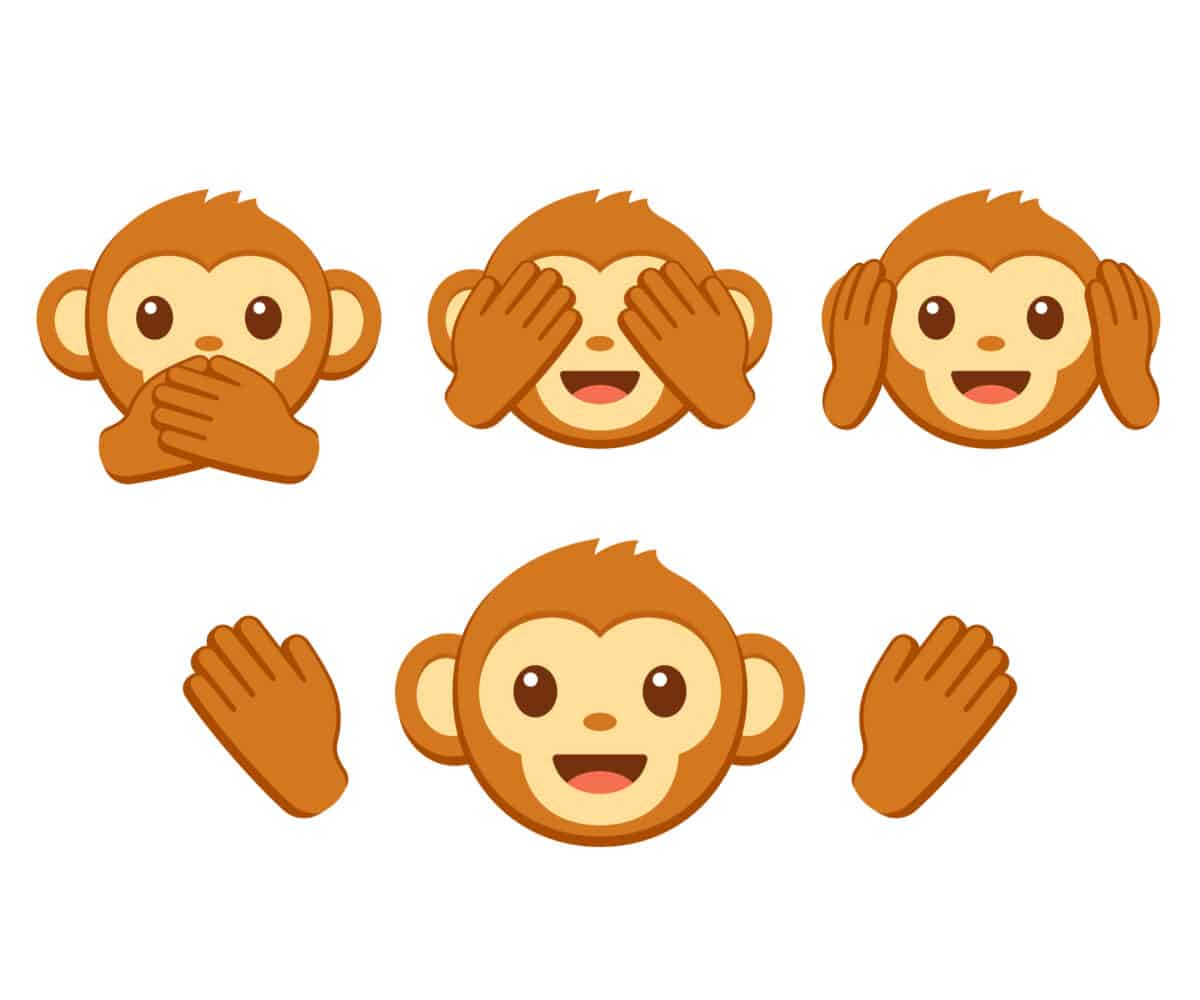Seminars on workplace mental health must always offer solutions and not only (always) the solution that the host wants to promote. Occupational health and safety (OHS) needs to be more altruistic (Yes, it may be hypocrisy from a subscription blog). Recently I spoke on the issue of psychosocial hazards at work and offered this slide on “What can be done?” [Note: This article discusses suicide]
Continue reading “What to do about workplace mental health? Talk, Listen, Examine”Category: law
Commitment Interruptus on engineered stone
Trade unionists in the United Kingdom have a similar battle over the safe exposure limits to silica dust that Australia “resolved” a few years ago. It should not be long before the UK pushes for a ban on the import of engineered stone or starts arguing over the safety of the product when silica content is reduced to 40%.
Some recent parliamentary argy-bargy in Australia over the cutting of engineered stone was illustrative of some of the issues and lobbying.
Chalk and Cheese – legal seminars on mental health at work
Over the last few months, various seminars from law firms and others have focussed on how to comply with new and impending occupational health and safety regulations related to psychosocial hazards at work. Over the last fortnight, I attended two such seminars; they were as different as chalk and cheese, even though both had strong voices from lawyers, illustrating the sources of some of the confusion over the issue felt by some employers.
Now “we need a systemic reform to the mental health system”. We always did
[This article discusses suicide.]
The tide seems to be turning in approaches to the prevention of suicides in Australia. Recently the CEO of Suicide Prevention Australia, Nieves Murray, concluded a radio interview with some advice that relates directly to workplace suicides.
OHS and the weekend newspapers – 1
This is the first of, hopefully, many articles about what some of the weekend newspapers and media say about issues related to occupy national health and safety (OHS). It will not be comprehensive but short takes on what I see in the newspapers.
[Note, the article below mentions suicide and workplace bullying]
Workload and Suicide
It has been a year since an employee of the Victorian Building Authority, Rob Karkut, died by suicide. According to The Age (May 13, 2023, [paywalled] his suicide occurred:
“…amid intense pressure from the authority’s managers to meet ambitious inspection targets. A litany of failings within the organisation have been exposed since his death.”
Employers’ continuing “intolerable laxity”
Recently a discussion of occupational health and safety (OHS) in Australia’s construction industry during COVID-19 lockdowns was published. “What’s it going to take? Lessons Learned from COVID-19 and worker mental health in the Australian construction industry” is thankfully “open access” and well worth reading for its strong and controversial OHS recommendations, but it could have paid more attention to the role of the employers or Persons Conducting a Business or Undertaking (PCBU) in applying legislative OHS obligations and how their resistance continues to harm workers.
Can we move on from HSRs, please?
Occupational health and safety (OHS) needs new thinking. One of the most important elements of successful OHS comes from Consultation – a sensible process and one required by law. A major process for OHS consultation in those laws is through the Health and Safety Representatives (HSRs). This legislative (recommended) option was practical but is now almost an anachronism, yet the OHS regulators continue to support the process because it is in the OHS laws. And few will speak against the process because it is being maintained by the trade union movement as one of the last legacies of political influence over workplace health and safety.
This month Queensland government released its report into the review of its Work Health and Safety laws with these two of the three categories of recommendations:
- “elevation of the role of health and safety representative (HSR) at the workplace
- clarification of the rights of HSRs and worker representatives to permit them to effectively perform the role and functions conferred upon them and to remove unnecessary disputation,….”
The absurdity of HSRs’ persistence can be illustrated by the rumour that WorkSafe Victoria will encourage sex workers to follow the HSR consultative process through the OHS guidance expected to be released later this year.

